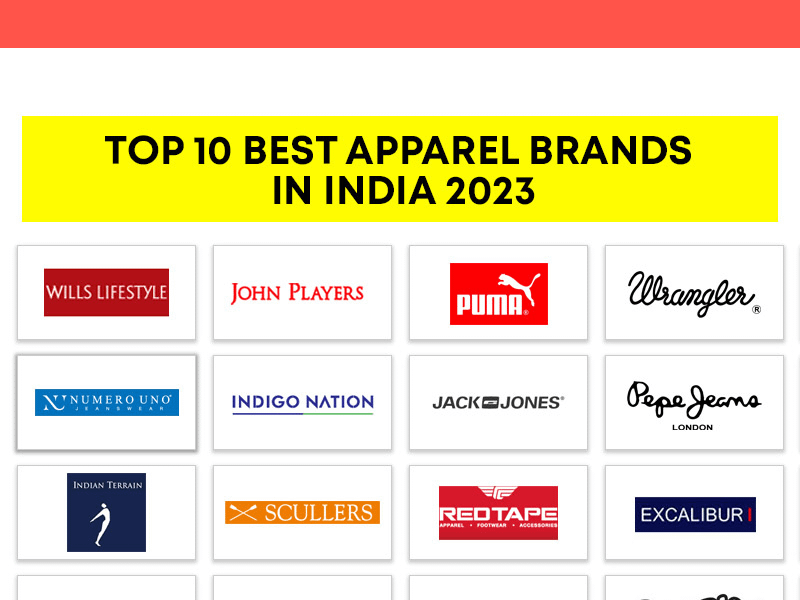
Top 10 Best Apparel Brands In India 2023
The second largest producer of textiles and clothing in the world is India. It ranks seventh in the world for textile exports, including apparel, housewares, and technology products. The textile and clothing sector contributes 12% to exports, 13% to industrial production and 2.3% to the country’s GDP.
In total, 45 million people work in the textile industry, including 3.5 million in handlooms.
The National Handloom Development Program (NHDP) Handloom Export Promotion Council (HEPC) works with handloom exporters and weavers to supply their handloom items to many International Global Export (NHDP) trade shows and events.
By organizing exhibitions and events in domestic and international markets, HMA develops and promotes the marketing channel by providing a platform for weavers and handloom agencies to deliver their products directly to consumers.
Fab India
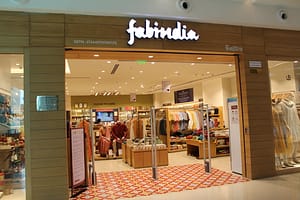
An Indian clothing company called Fabindia sells clothing, homewares, fabrics and cultural items made by local artisans in rural India. John Bissell, an American working for the Ford Foundation in New Delhi, founded Fabindia in 1960. The company’s president is William Nanda Bissell, son of John Bissell. Most of Fabindia’s garments are sourced from villages and support the creation and maintenance of rural jobs in India. Handmade products promote excellent craftsmanship.
The Economic Times named Fabindia “Best Retail Brand” in 2004. Fabindia was highlighted in a 2004 CNBC TV special report on India. The Fabindia brand does not use advertising and relies heavily on word of mouth.
In 2007, Fabindia’s craft-conscious business model was included in a Harvard Business School case study. Written by Radhika Singh, The Fabric of Our Lives: The Story of Fabindia was released in 2010 on the occasion of the 50th anniversary of the founding of Fabindia.
Mufti
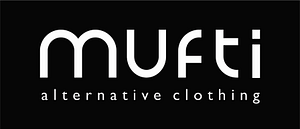
Kamal Khushlani founded the menswear fashion label Mufti in 1998. It is based in Mumbai, India. A $10,000 loan from Khushlani’s maternal aunt helped launch the business. Kartik Aaryan joined the company in July 2018 as a brand ambassador.
Bennett, Coleman & Co. Ltd. and some of Khushlani’s friends owned 35% of the company in 2014, and Khushlani now owns 65%. In December 2018, Mufti entered the footwear industry.
Mufti won the CMAI Brand of the Year Award in 2015 and was named “Retailer of the Year” at the Global Awards for Retail Excellence presented by ET Now and Asia Retail Congress in February 2019.
In 2018, the company announced it would focus on casual wear and accessories as part of an expansion of its product line.
Montecarlo
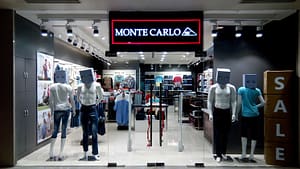
Oswal Woolen Mills Ltd, the parent company of the Nahar Group, established Monte Carlo Fashions Ltd in 1984. The introduction marked a major development in the Indian designer clothing market.
Monte Carlo has pushed the boundaries of street fashion. The company’s main objective is to meet customer expectations with consistent quality, supported by R&D departments equipped with advanced technology, highly skilled technocrats, and meeting deadlines.
Pepe Jeans
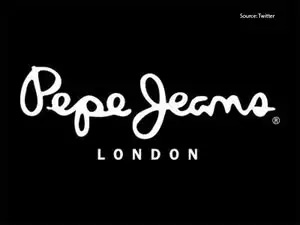
PepeJeans London was founded in 1973 in the Portobello Road area of London and is headquartered in Sant Feliu de Llobregat, Spain. it was founded in 1973 by three brothers who ran a weekend stall at Portobello Road market in London. Arun, Nitin and Milan Shah in 1988.
Lebanese group M1 and LVMH subsidiary L Capital Asia bought PepeJeans and Hackett London in February 2015.
His announced in 2015 that the Norton Clothing brand, which pays homage to the British motorcycle company founded in 1898, would join the group. Marcella Wartenbergh was appointed CEO in September 2019.
Allen Solly

The Allen Solly brand is responsible for creating a whole new class of consumers. Launched in India in 1993, the brand pioneered the smart casual sub-genre with its forward-thinking attitude, smart communication and standout fashion.
Madura Fashion & Lifestyle A division of Aditya Birla Fashion & Retail Limited has launched iconic British brand Allen Solly in India. One of India’s best-known apparel brands, Allen Solly received the highest score in its category in the Economic Times Brand Equity study.
With the “Friday Dressing” design concept, Allen Solly pioneered Western wear for women in India and is redefining workwear in that country. It is the only brand with a large presence for men, women and children across the country and has the fastest growth rate in the industry
William Hollin and Co Ltd launched Allen Solly in 1744. In the 1990s, a company called Madura Garments bought the brand. Madura Garments was a division of Madura Coats, a major yarn manufacturer. Aditya Birla Group bought Allen Solly in 2001.
Within a short time Allen Solly had risen to a close fashion position in the fiercely competitive ready-to-wear market.
Allen Solly marketed the successful “Friday Dressing” concept. Allen Solly office wear with colorful shirts and khakis quickly became popular.
The slogan “My World, My Way” was created for the new trend of the brand. Allen Solly first introduced women’s workwear to India in 2002. The children’s clothing line was expanded in 2013 with “Allen Sally Junior”, a complete and sophisticated youth wardrobe for boys and girls.
In 2014, the Solly Jeans Company was founded and the tennis-inspired sports lifestyle brand Solly Sport was introduced.
Biba
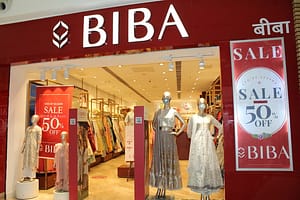
From her home in New Delhi, India, Meena Bindra founded womenswear and womenswear company Biba Fashion in 1988. Biba reported revenue of INR 600 crore for the year 2014-2015. She received a loan of 8,000 rupees to start a small business.
W

W, an established in 2001, is a division of TCNS CLOTHING CO. LIMIT. They are the only company in the Indian clothing market that supplies ‘Indian Contemporary’ clothing and keeps up with the latest trends.
The latest trends and fashion forecasts from the West are a source of inspiration for W-designers, who were the first to introduce the “Mix n Match” concept into retail.
Between 2001 and 2002, their first branded store opened its doors in Lajpat Nagar, New Delhi. And now in its 16th year, there are over 400 stores worldwide. Exclusive W brand outlets are currently located in Kathmandu, Mauritius and Sri Lanka, with plans to expand into other countries.
Raymond Group
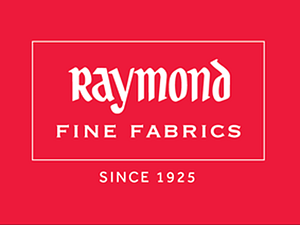
Founded in 1925, Raymond Group is an Indian retailer of branded clothing and fabrics. It manufactures suiting fabrics and has a capacity of 31 million meters for wool and wool blends. All products are sold through The Raymond Shop (TRS), which operates a network of over 700 retail stores in 200 cities in India and overseas.
The Company is engaged in the business of ready-to-wear, designer apparel, cosmetics and toiletries, technical literature and equipment, prophylaxis and air charter.
In 2019, Raymonds announced its entry into the real estate business as Raymond Realty. The new company would invest 250 crore (about $36 million) to create luxury middle-income housing on 20 acres of land in Thane, a booming suburb of Mumbai.
Louis-Philippe

Louis Philippe, a company of Indian origin, makes high-end men’s clothing. Run by Saksham Jain and Deepanshu Ranka, it is a Madura Fashion & Lifestyle division and offers a range of quality designs.
The company, named Louis Philippe after the French king who reigned from 1830 to 1848, is as of 2018 one of the largest clothing manufacturers in India. Louis Philippe publishes The Label, an online publication of men’s fashion, clothing and lifestyle.
Wrangler
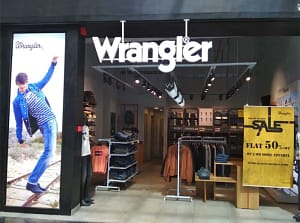
An American company called Wrangler makes workwear and other clothing, including jeans. Lee’s owner Kontoor Brands Inc. owns the brand. Headquartered in the heart of Greensboro, North Carolina, it has manufacturing facilities around the world. Blue Bell hired Bernard Lichtenstein (“Rodeo Ben”), a Polish ód tailor who often worked with cowboys to make the jeans suitable for rodeo use. He convinced several prominent rodeo riders of the day to support the novel idea.
Conclusion
India has a competitive advantage in terms of skilled labor and production costs over other major textile manufacturers. India exported $44.4 billion worth of textiles and apparel (including handicrafts) in FY22, up 41% year on year. In FY22, exports of ready-to-wear, including cotton accessories, totaled $6.19 billion.
Between April 2000 and March 2022, the textile sector (including dyed and printed fabrics) attracted FDI totaling $3.99 billion. The Indian textile and garment industry is open to 100% FDI (auto route).
Related Posts

Top 10 Best HardwareTech Companies in India 2023admin . December 6, 2022
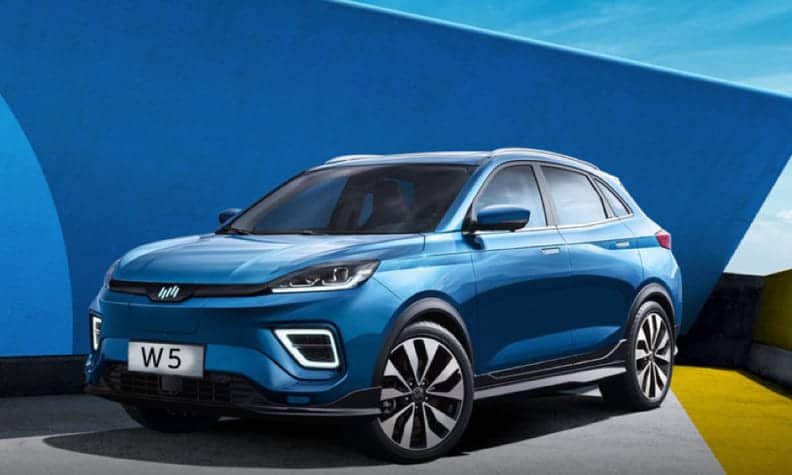
Bankruptcy Filing: Chinese Electric Vehicle Startup WM Motoradmin . October 10, 2023
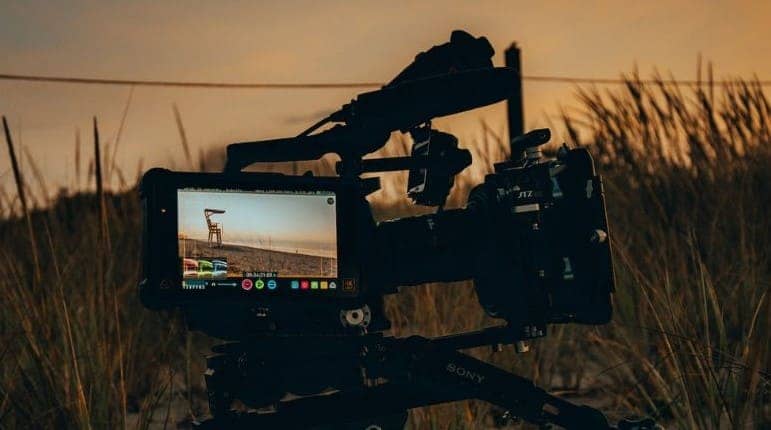
Top 12 Best Video Production Companies in USA in 2023admin . July 6, 2023

Top 10 Best Renewable Wind Energy Companies in Europe 2023admin . May 22, 2023

Best Education Management Companies in India 2024admin . December 8, 2023

Top 20 Printing Companies in India 2023: Find the Bestadmin . August 1, 2023

Top 12 Chemical Manufacturing Companies in 2023admin . May 10, 2023

Top 12 Best Growth Marketing Consulting Companies in USA 2023admin . May 25, 2023

Top 10 Best Nanotechnology Companies in The USA 2023admin . May 9, 2023
Latest Posts

Exploring the Best Cash Advance Apps of 2024 April 8, 2024

Top 34 Passive Income Ideas in 2024 March 19, 2024

Top 10 Penny Stocks to Buy Canada 2024 February 23, 2024

Best Canadian Artificial intelligence stocks under $1 2024 February 23, 2024

Top Artificial Intelligence Stocks Canada 2024 February 20, 2024

